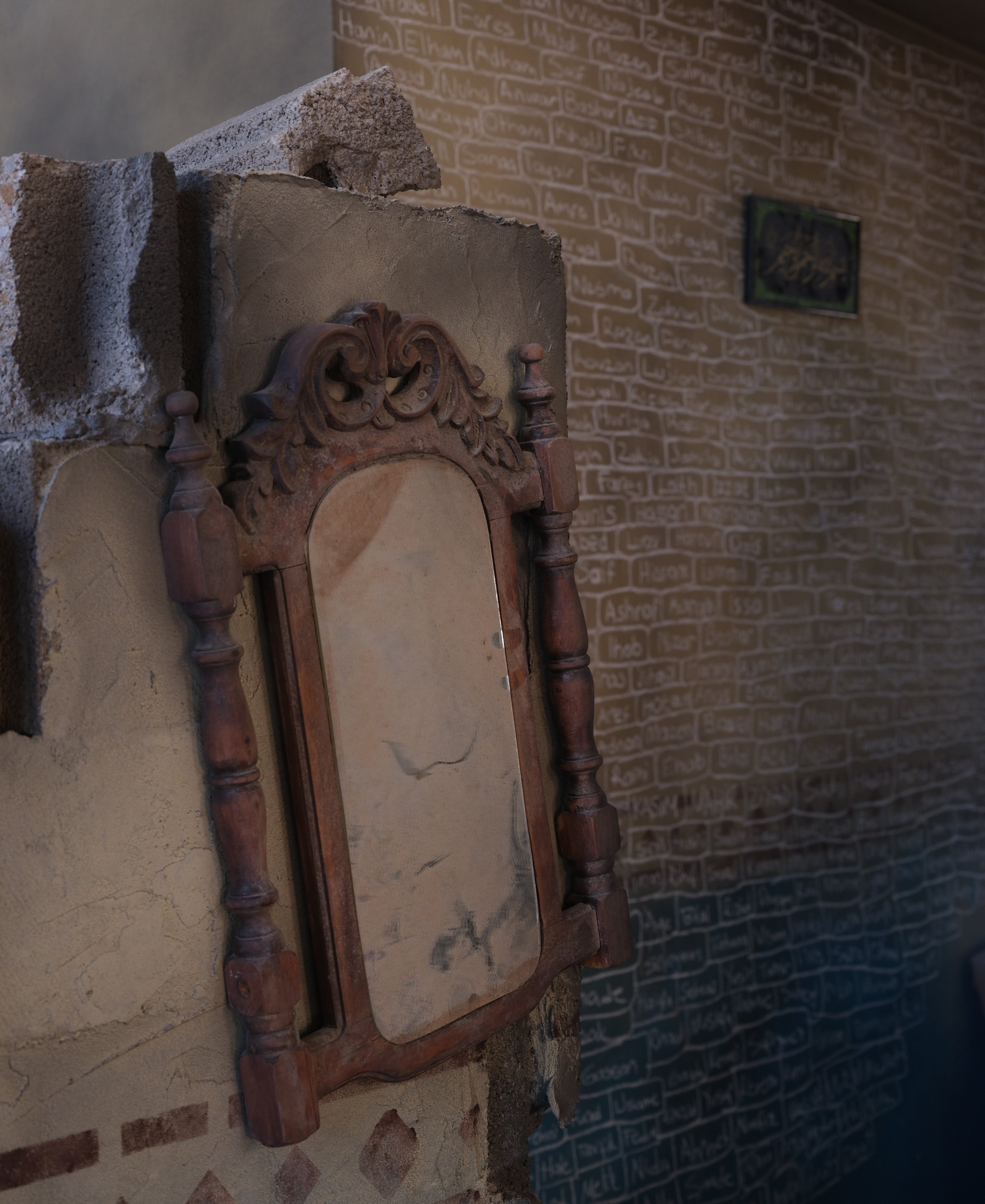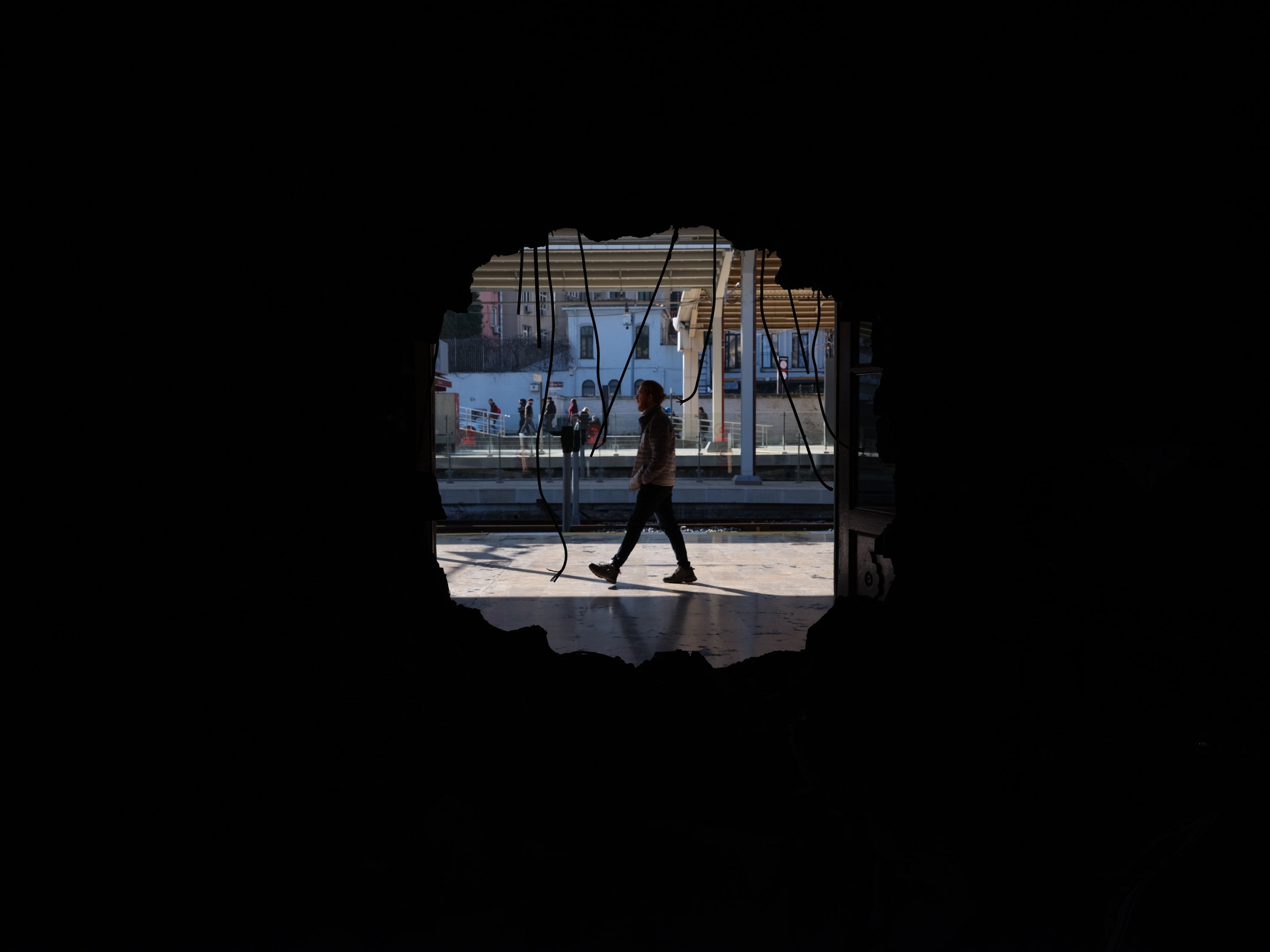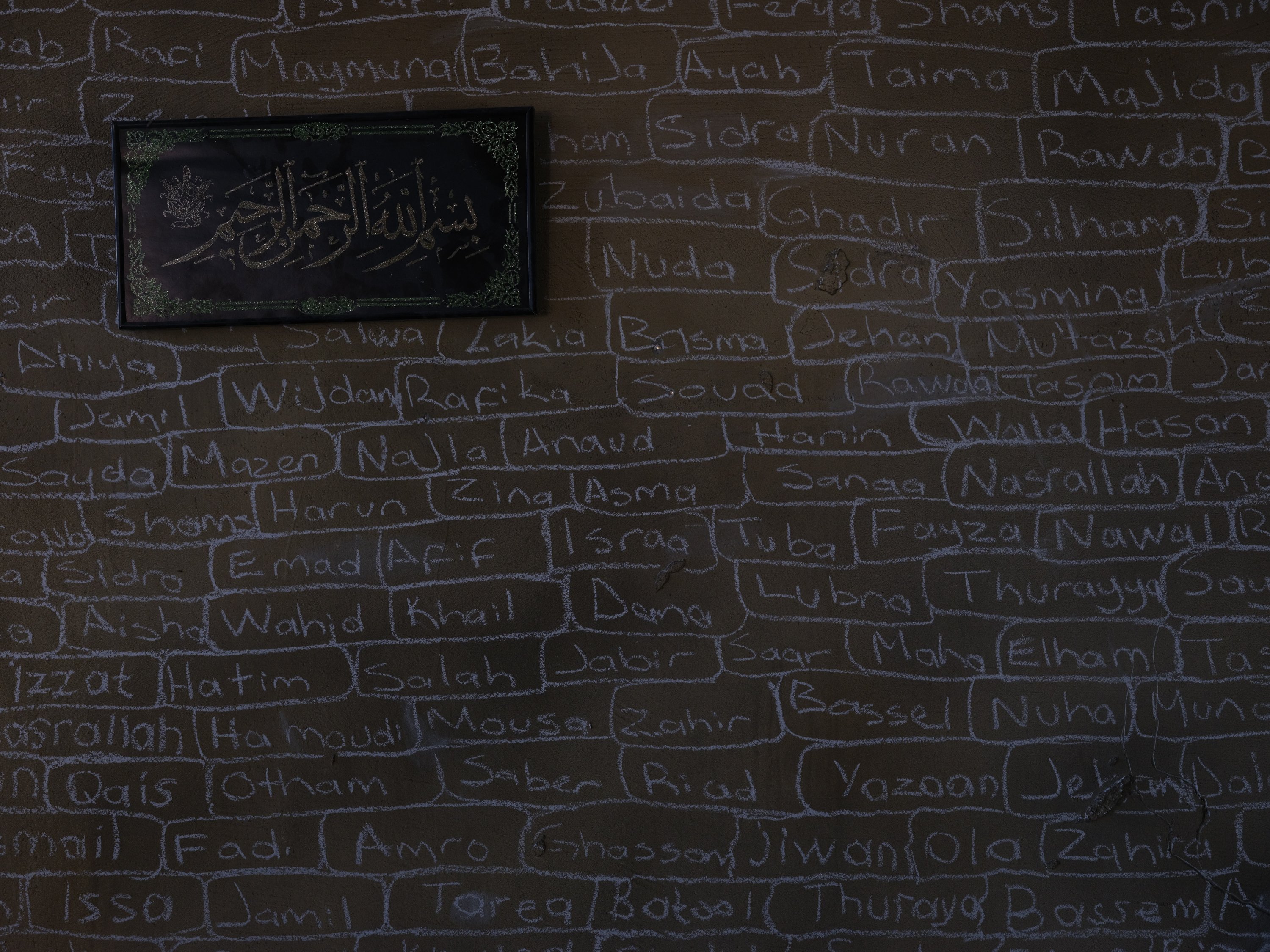© Turkuvaz Haberleşme ve Yayıncılık 2025
Istanbul’s Yeditepe Biennial continues to bridge disciplines and generations through a wide array of contemporary artistic expressions. In its latest edition, the Biennial converges at a place where geography, memory and history intersect: Sirkeci Station – the final stop of the legendary Orient Express, and now, the host to "Renamed," a striking installation by director and artist Enes Hakan Tokyay.
Yet "Renamed" is not an isolated gesture. It is part of a larger curatorial vision that defines the Yeditepe Biennial – one that boldly reclaims tradition while embracing contemporary voices. From the domed serenity of Nuruosmaniye Mosque’s Mahzen to bustling public spaces across the city, the Biennial orchestrates an encounter between art and urban life. In doing so, it asserts a cultural confidence rooted in locality – a response, perhaps, to the ongoing “culture wars” within Türkiye, which too often pit heritage against innovation. Here, they are reconciled.

Tokyay’s work doesn’t simply occupy a space; it activates it. Titled "Renamed" – and conceptually echoed in its English rendering as Just the Names Change – the installation bears witness to the tragedy unfolding in Palestine, attempting to inscribe it into the collective moral memory of humankind. On the station walls, the names of those who have lost their lives are arranged in silent rows – not as numbers, but as presences, as absences, as reminders. The placement of death within the vibrant and transient rhythms of the city creates a tension, a rupture in routine, a quiet but urgent aesthetic that collapses time and space.
Sirkeci Station, long a symbol of imperial arrival and departure, becomes in Tokyay’s hands a witness stand. As he remarks, his piece is not just an artwork but a “memory field, a voice of conscience and a form of testimony.” The personal and political converge here. Inspired by Plato’s "Allegory of the Cave," Tokyay’s installation interrogates the illusions of war and propaganda, suggesting that what we see is often only a shadow – that truth lies beyond the curated image, the manipulated headline, the orchestrated silence.

Drawing from critical voices like Noam Chomsky, George Orwell and Albert Camus, "Renamed" is not merely visual art; it is a philosophical provocation. It asks: What are we complicit in when we look away? When we believe only what power shows us?
Yet this is not only a local call. By situating the piece in Istanbul – the city that has always stood between East and West – Tokyay implicitly repositions the geopolitical gaze. The installation doesn’t demand sympathy from afar; it claims solidarity from within. It reminds us that Haydarpaşa Station, across the Bosphorus, once linked Anatolia to Palestine and Syria – a corridor not just of rail but of shared trauma, resistance and heritage.
The Biennial, through works like Tokyay’s, has thus become a site where Palestine finds new forms of artistic solidarity. Not in political slogans, but in the patient, powerful resonance of visual language. The Palestinian cause – lived and expressed in protests, in prayers, and in public squares – here finds its artistic form.

The craft of the piece is as important as its message. With fine artisanal detailing and textures that seem aged by time itself, "Renamed" offers not spectacle but subtlety. It creates space for contemplation. The silence within the piece, Tokyay insists, is not absence – it is potential. It is the audience’s turn to complete the meaning.
Through Renamed, Tokyay takes the Biennial into the public sphere and the moral imagination of its spectators. It is a call to see, to remember, to refuse the comfort of forgetting. Once again, Istanbul becomes a bridge between continents and a platform for conscience.
In the echoing halls of Sirkeci, where trains no longer arrive, a different kind of arrival takes place – a reckoning.
